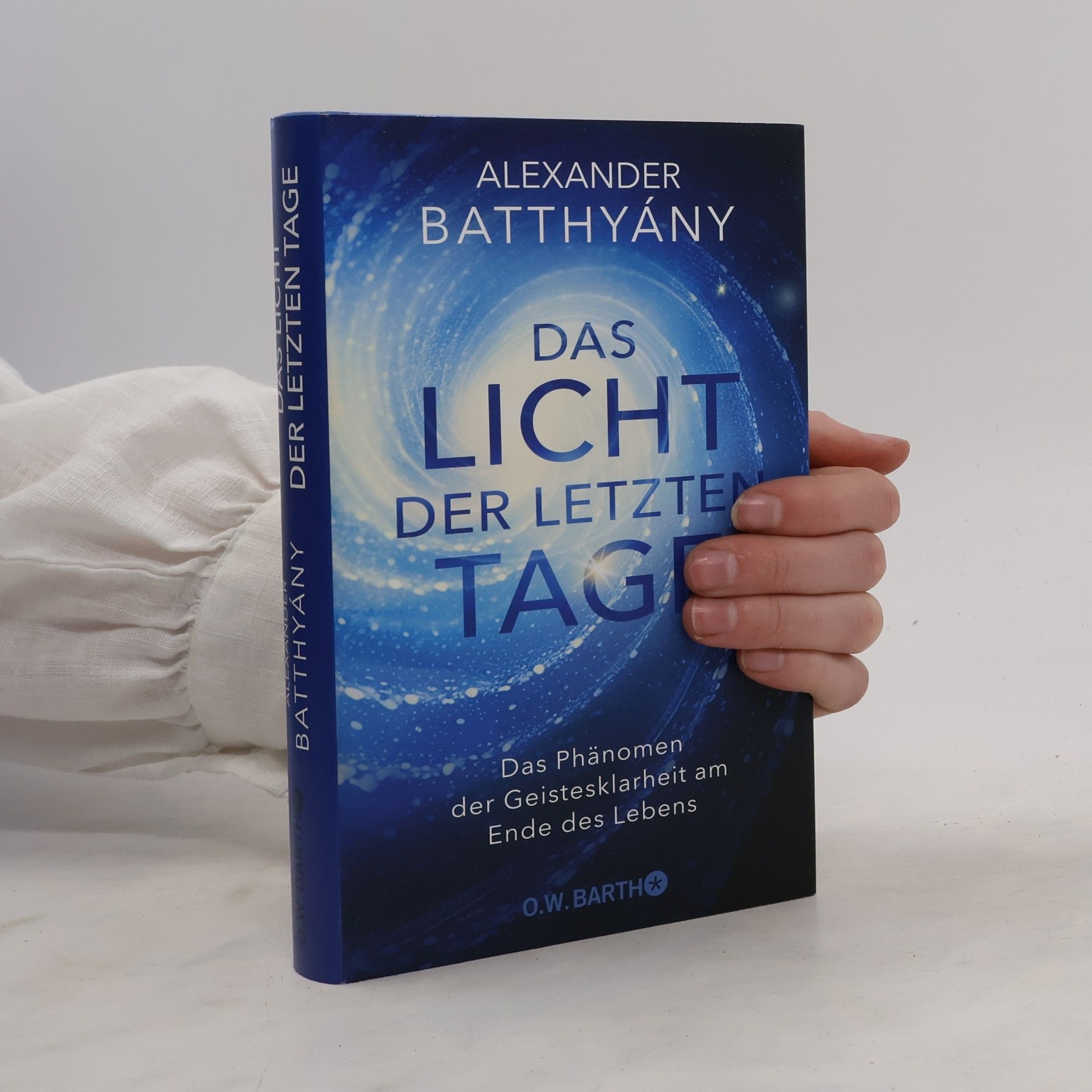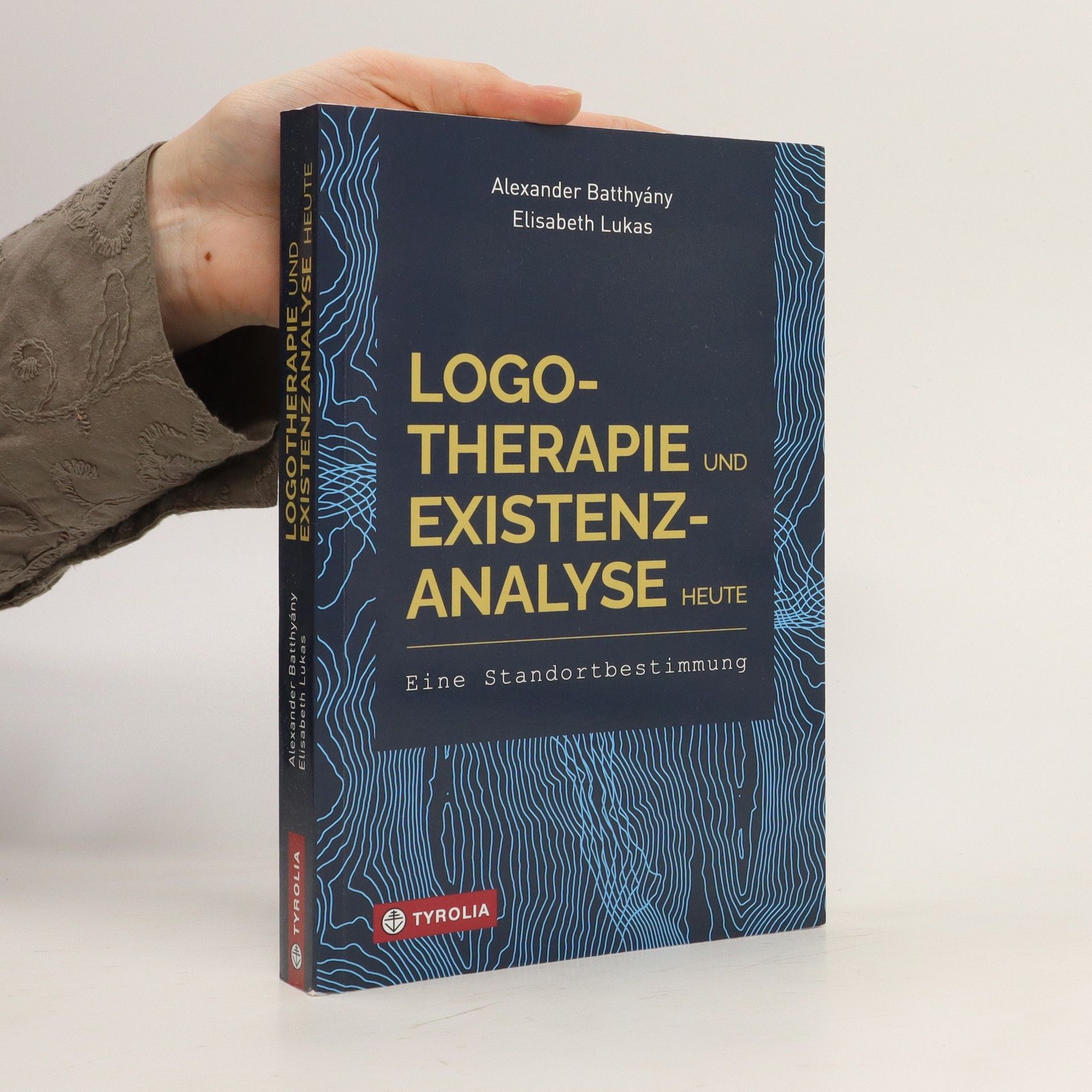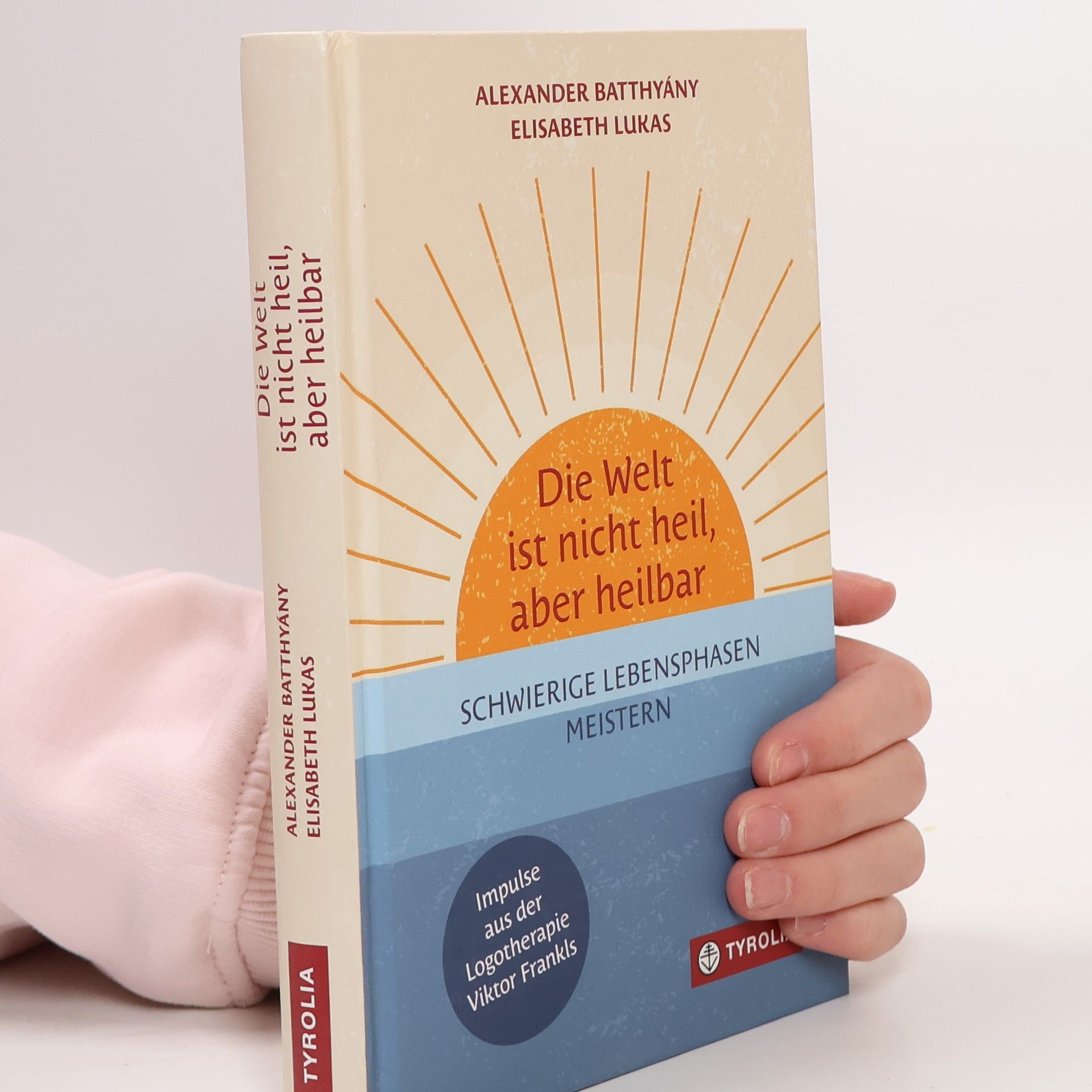Logotherapy and Existential Analysis
Proceedings of the Viktor Frankl Institute Vienna, Volume 1
- 492 pages
- 18 hours of reading
This landmark volume introduces a new series of proceedings from the Viktor Frankl Institute, aimed at preserving the past, disseminating the present, and anticipating the future of Franklian existential psychology and psychotherapy, including logotherapy and existential analysis. The wide-ranging contents keep readers informed about current ideas and developments while presenting rarely-seen selections from Frankl’s work. Established contributors discuss new applications of existential therapies in specific contexts (OCD, cancer, end-of-life issues) and universal themes like the search for meaning, while also exploring dialogue with other psychological schools. This initial offering sets the tone for the series by presenting varied materials, including archival and unpublished articles by Frankl, peer-reviewed studies on logotherapy processes, new case studies in diverse settings, papers advocating cross-disciplinary collaboration, philosophical applications of existential psychology, and critical reviews of related books. Volume 1 will attract a diverse audience, including psychologists (clinical, social, personality, positive), psychotherapists, psychiatrists, and researchers. It will also serve as a valuable resource for practitioners in counseling, pastoral psychology, coaching, and medical care, providing new ideas and inspiration.








